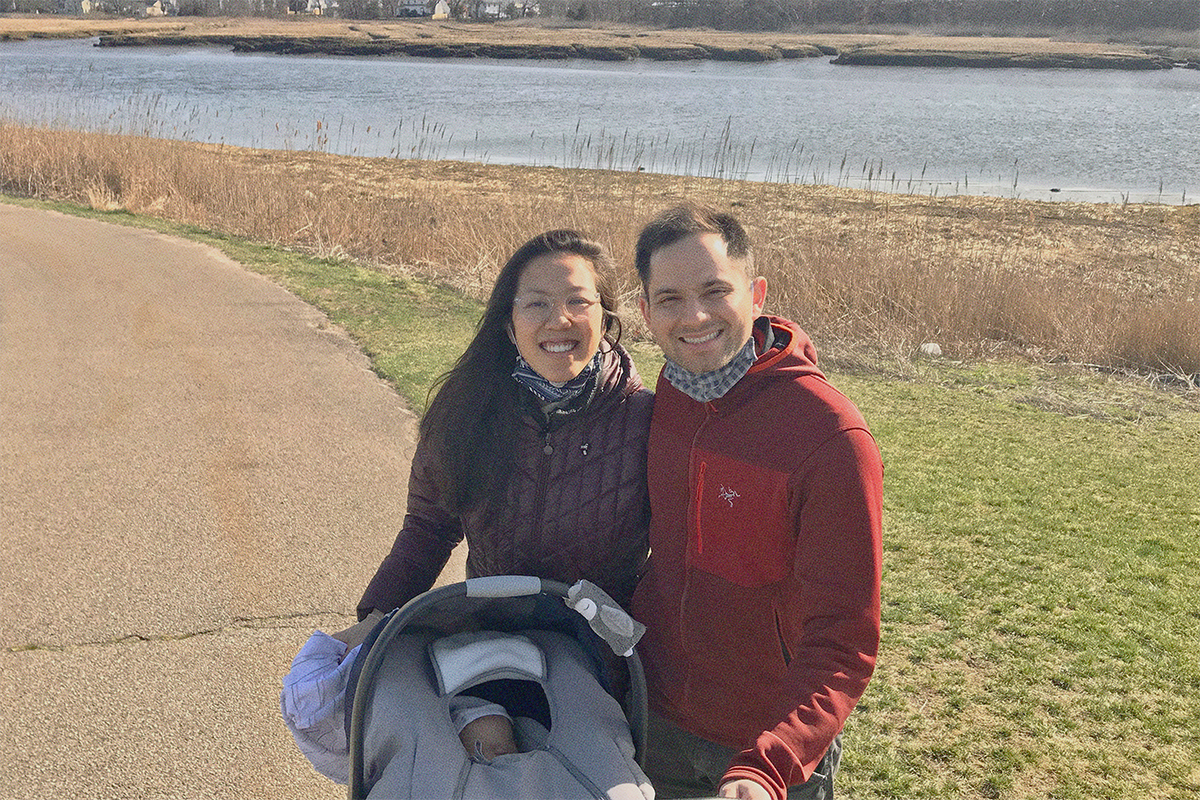Keep reading about similar topics.



Dr. Ami Zota, Associate Professor at the Department of Environmental & Occupational Health at the George Washington University (GWU) Milken Institute School of Public Health, created a platform to amplify underrepresented voices in science and environmental health. She launched her vision, Agents of Change, in 2019 with its first cohort of changemakers.
The high-achieving crew included Dr. MyDzung Chu, a first-generation Vietnamese-American, environmental epidemiologist, new mother, and postdoctoral scientist at the GWU Milken Institute School of Public Health. MyDzung is invested in understanding social determinants of health and environmental exposures within the home, workplace, and neighborhood contexts. Her current research investigates the impact of federal housing assistance on residential environmental exposures for low-income communities.
In her Agents of Change blog, Why Housing Security is Key to Environmental Justice, MyDzung examines the intersection of housing, racism, and environmental justice, and its effects on population health. She challenges us: “It is time for the environmental health community to step up and be at the forefront of addressing housing insecurity.”

MyDzung is practicing what she preaches – and blazing a trail while doing it. In her local community, MyDzung organizes with residents and non-profit organizations for affordable housing, equitable development, and anti-displacement policies. Her dissertation research examined socio-contextual drivers of disparities in indoor and ambient air pollution and poor housing quality for low-income, immigrant, and Black and Brown households. In a study published in Environmental Research, MyDzung and colleagues found that renters in multifamily housing were exposed to higher levels of fine particulate matter indoors that homeowner households, due to a combination of building factors and source activities that may be modifiable, such as building density, air exchange, cooking, and smoking.
MyDzung has a PhD in Population Health Sciences from Harvard T.H. Chan School of Public Health, a MSPH in Environmental-Occupational Health and Epidemiology from Emory University, and a BA in Neuroscience from Smith College.
To keep up to date with MyDzung’s research and impacts, you can follow her on Twitter or LinkedIn. And, click this link to learn more about her colleagues at Agents of Change. Thanks, MyDzung, for your leadership and courage to advance real change.